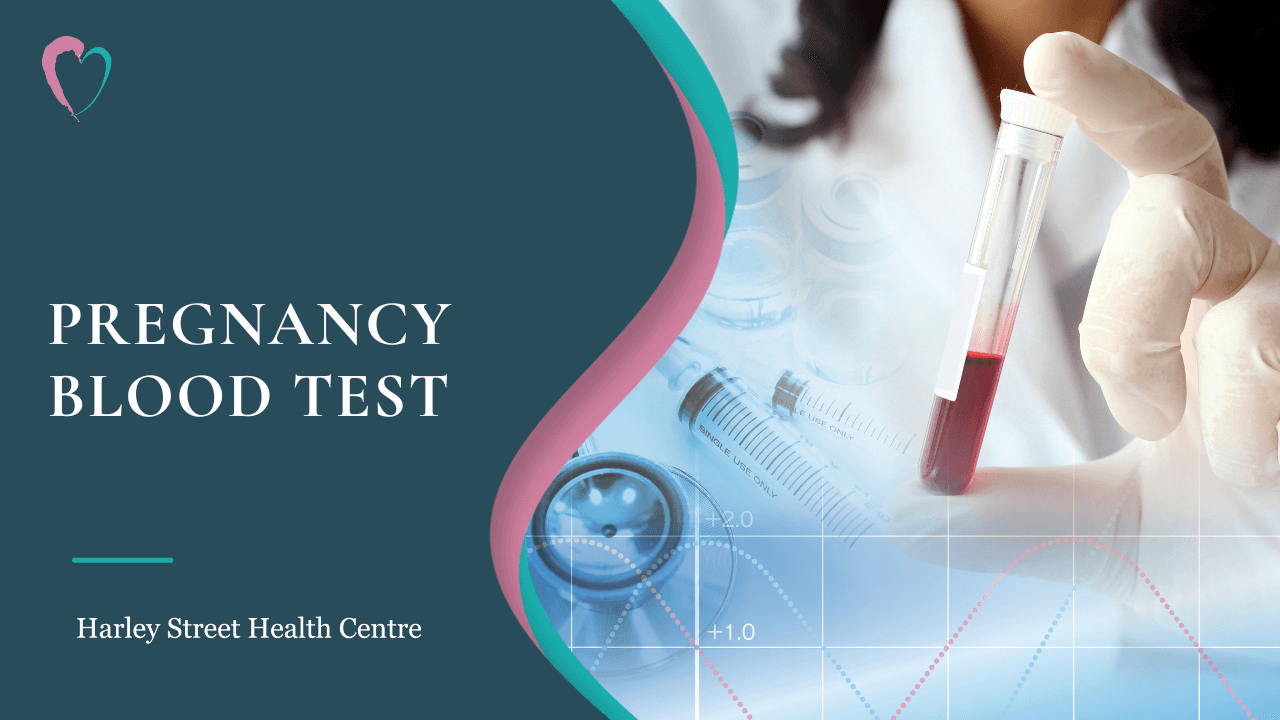Why should I have a pregnancy blood test?
A pregnancy blood test is the most accurate way to confirm an early pregnancy, especially after missing a period and/or a positive urine test. This test is accurate after just 2 weeks after conception. At our clinic, we can provide the results in 4 – 12 hours, confidentially and easily. We always have same-day appointments available for this test and will do our best to accommodate you at your convenience.
There are several reasons to have a beta hCG test:
- Confirm a pregnancy
- Repeated hCG tests to check the viability of early pregnancy
- hCG test during pregnancy to monitor level as indicated by your obstetrician
- hCG test after IVF
We know how important this test is, so we’ve made sure that we’ve kept the price down as much as possible while ensuring you get excellent service and fast results. We hope that our quick results and low price help you keep track of your pregnancy or give you a fast answer for whatever you need.
Tell me more about the test
Beta-hCG, also known as beta human chorionic gonadotropin, is a hormone that plays a crucial role during pregnancy. It is produced by the placenta soon after the fertilized egg implants into the uterine lining. Beta-hCG is often used as a marker to confirm pregnancy and monitor its progress.
Detection of Pregnancy:
One of the most common uses of beta-hCG is to confirm pregnancy. In the early stages, a pregnancy test can detect the presence of hCG in urine or blood samples. The hormone is secreted by trophoblast cells that surround the developing embryo, and its levels rise rapidly during the first trimester. Therefore, a positive hCG test indicates that a woman is pregnant.
Monitoring Pregnancy Progress:
During pregnancy, beta-hCG levels increase exponentially and peak around 10-12 weeks gestation. Monitoring the rise and fall of beta-hCG levels is crucial for assessing the health and viability of the pregnancy.
Understanding stages of pregnancy
The beta hCG blood test is usually monitored throughout a woman’s pregnancy, but especially in the first stage of pregnancy, known as a the first trimester, which spans from conception to week 12. During this time, the fertilized egg implants itself into the uterine lining, and the placenta starts to develop. The mother might experience early signs of pregnancy, such as fatigue, nausea, breast tenderness, and frequent urination. The baby’s vital organs, including the heart, brain, and lungs, begin to form. By the end of the first trimester, the baby’s sex can be determined, and the mother might start to feel the first flutters of foetal movement.
The second stage, or the second trimester, is from week 13 to week 27. At this point, the mother’s energy levels usually increase, and nausea subsides. The baby’s growth becomes more noticeable as the bump starts to show. During this stage, the mother might experience a surge in hormones, resulting in changes in skin pigmentation, such as the appearance of a dark line running from the navel to the pubic bone (linea nigra). The baby’s fingers and toes become fully formed, and they can hear sounds from the outside world. The mother might even feel the baby’s movements, known as quickening, which is often described as flutters or gentle kicks.
The third and final stage, the third trimester, spans from week 28 until birth. As the baby continues to grow rapidly, the mother may experience increased discomfort due to the expanding uterus and pressure on other organs. Common symptoms include backache, swollen feet and ankles, and shortness of breath. The baby’s movements become more pronounced and can sometimes be seen as the baby shifts and stretches. Towards the end of this stage, the baby usually settles into a head-down position, preparing for birth.
Throughout the stages of pregnancy, regular prenatal check-ups are essential to monitor the mother’s health and ensure the baby’s development is on track. The healthcare provider will conduct various tests, including ultrasounds and blood tests, to assess the baby’s growth, check for any abnormalities, and monitor the mother’s overall well-being.
If you are pregnant and want support with your pregnancy, speak to your GP. You can also opt to see an obstetrician privately at dedicated hospitals such as the Portland Hospital for Women and Children.
If you are pregnant and do not want to be, please contact your GP or Marie Stopes.
When should I get tested?
For an accurate result, you will need to wait at least 11 days after the date of conception to take this test, as a blood test will not be able to pick up traces of the hormone until this point. If you are unsure of the date of conception, it is recommended that you wait until the due date of your menstrual period.
What does the test include
The Beta hCG test is a blood test that gives an accurate pregnancy result.























